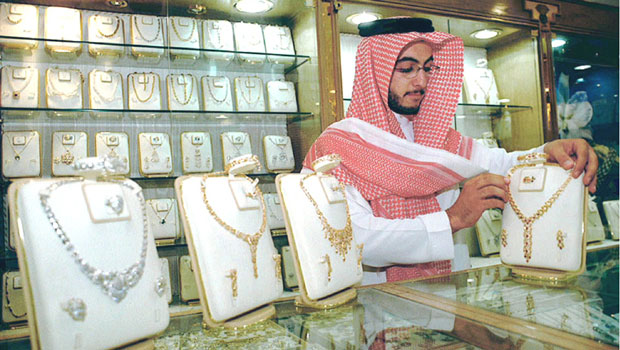Exporters and importers around the world remain optimistic about trade prospects in the next six months despite increasing concerns about rising costs, reduced profitability and volatile demand. In the Middle East and North Africa (MENA), the regional average was the highest in the world at 118, whilst the global HSBC Trade Confidence Index (TCI) held steady at 114 in the first half of 2011 compared to 116 in the second half of 2010.
This fifth wave of the HSBC TCI shows that MENA traders are most concerned about buyer and supplier risk, with 37 percent (up 11 points on the previous wave) expecting buyer default risk to increase, and 41 percent (up 20 point) expecting increasing numbers of suppliers to be unable to meet their arrangements. The top strategy for managing buyer default risk was greater use of trade finance via banks, with 40 percent of the results. Encouragingly, MENA traders are not concerned about volumes of trade, nor do they see intra-regional trade threatened by recent political events. The number who expects trade volumes to stay the same or increase is up 5 points on the previous round, at 80 percent.
A new addition to the HSBC TCI, Egyptian traders have reported a positive score in this first report, at 102 points on an index of 100. Seventy percent of traders expect volumes to stay the same or increase in the next six months, with 68 percent positive about the global economy over the same period.
Registering as the 6th highest score in this round of the HSBC TCI, the UAE remains one of the most positive nations for trade confidence, despite a slight dip from the last round. UAE traders still report the highest levels of intra-regional trade, with 64 percent of respondents reporting trade with the Middle East as their primary region. Government regulations continue to be seen as a positive driver to UAE trade, with the number of traders viewing the impact of government trade regulation as “very favorable” up a massive 24 points this round.
Traders expect the renminbi (RMB) to become one of their top 3 trade settlement currencies in 2011, having overtaken the pound sterling for the first time. In order of preference, the US dollar remains the clear leader, followed by the euro, RMB, pound sterling and Japanese yen are the traders' top five trade settlement currencies. As the global trade sector prepares to increase trade with Greater China, the use of the RMB to settle trade in the next six months is gaining momentum being lead by traders in Greater China (45 percent, +5), MENA (13 percent, +10) and Southeast Asia (16 percent).
The HSBC Trade Confidence Index covers a total of 21 markets — including key economies in the Asia-Pacific region, MENA, Latin America, North America and Europe. It is the largest trade confidence survey globally. The current survey comprises six-month views of 6,390 exporters, importers and traders from small and mid-market enterprises on: Trade volume; buyer and supplier risks; the need for trade finance; access to trade finance; and the impact of foreign exchange on their businesses.










